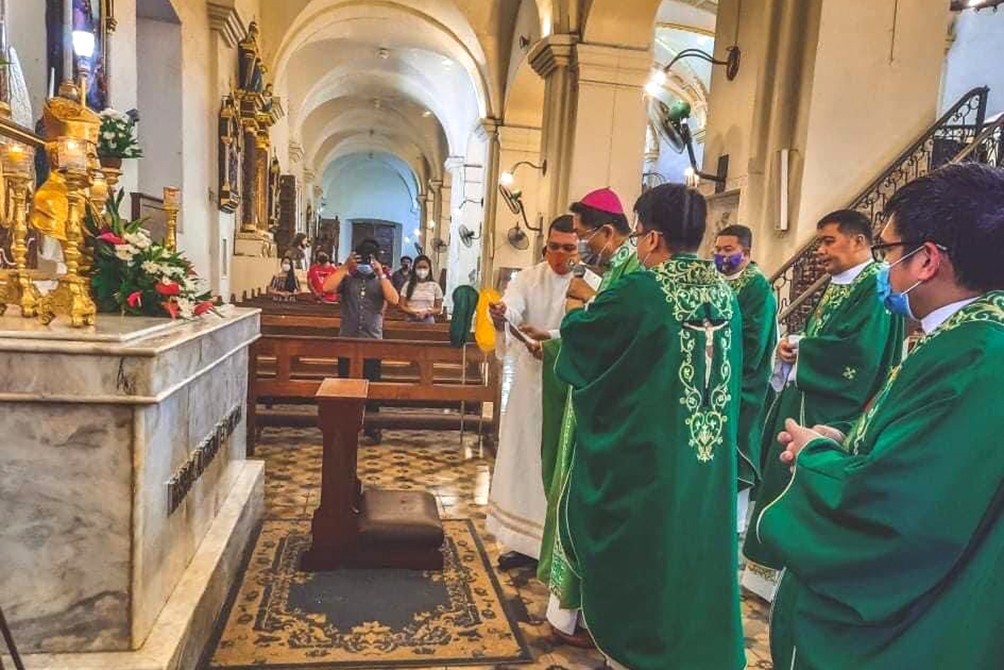
Archbishop Marlo Peralta of Nueva Segovia called for prayers for the cause of the sainthood of Bishop Alfredo Verzosa, on Sunday, June 27.
The prelate made the call during Mass to mark the 67th death anniversary of the Servant of God, said a report from CBCP News.
The report quoted Archbishop Peralta saying that “all are called to live a holy life by becoming faithful to the vocation that God has called each one to.”
The prelate said the late Bishop Verzosa gave all he had for his love for God and the people.
Among the “worth-emulating virtues” of the bishop were his obedience and humility.
Born in Vigan on Dec. 9, 1877, the Bishop Verzosa grew up and took his early education during the later part of the Spanish rule in the Philippines.
He started his seminary formation in his native Vigan and at the Colegio de San Juan de Letrán in Manila. His Theological studies were at the University of Santo Tomás.
The bishop was also in the capital when the revolution broke out, making him a witness to the struggle of the Filipino people for independence.
Bishop Verzosa was among the first native priests to be ordained during the American occupation of the country.
His priestly ministry in Nueva Segovia was characterized by preserving Roman Catholicism in the Ilocos area, said the CBCP News report.
He was sent as a missionary to Ilocos Norte and through that effort, he gained a number of Ilocanos return to the Roman Catholic Church.
He was able to re-establish Roman Catholicism in the town of Bantay in Ilocos Sur where he was parish priest for 10 years. As a priest, he developed commitment and a special love for catechism.
As bishop of Lipa, he invested efforts and monetary means in a wide catechetical campaign throughout his territory which then comprised of the civil provinces of Batangas, Tayabas (Quezon), Laguna, Mindoro, and Marinduque.
This commitment to catechetical programs led him to found a Religious Congregation for women, the Missionary Catechists of the Sacred Heart in 1923.
The bishop’s Cause for Beatification and Canonization was initiated early in 2013, which was affirmed with the subsequent granting of a “nihil obstat” (nothing hinders) by the Vatican’s Congregation for the Causes of Saints.
After the diocesan inquiry, in 2016, the cause was brought to the Vatican and with the issuance of the decree of validity in 2017, the “Roman Phase” of the cause started to roll.
Source: Licas Philippines
0 Comments